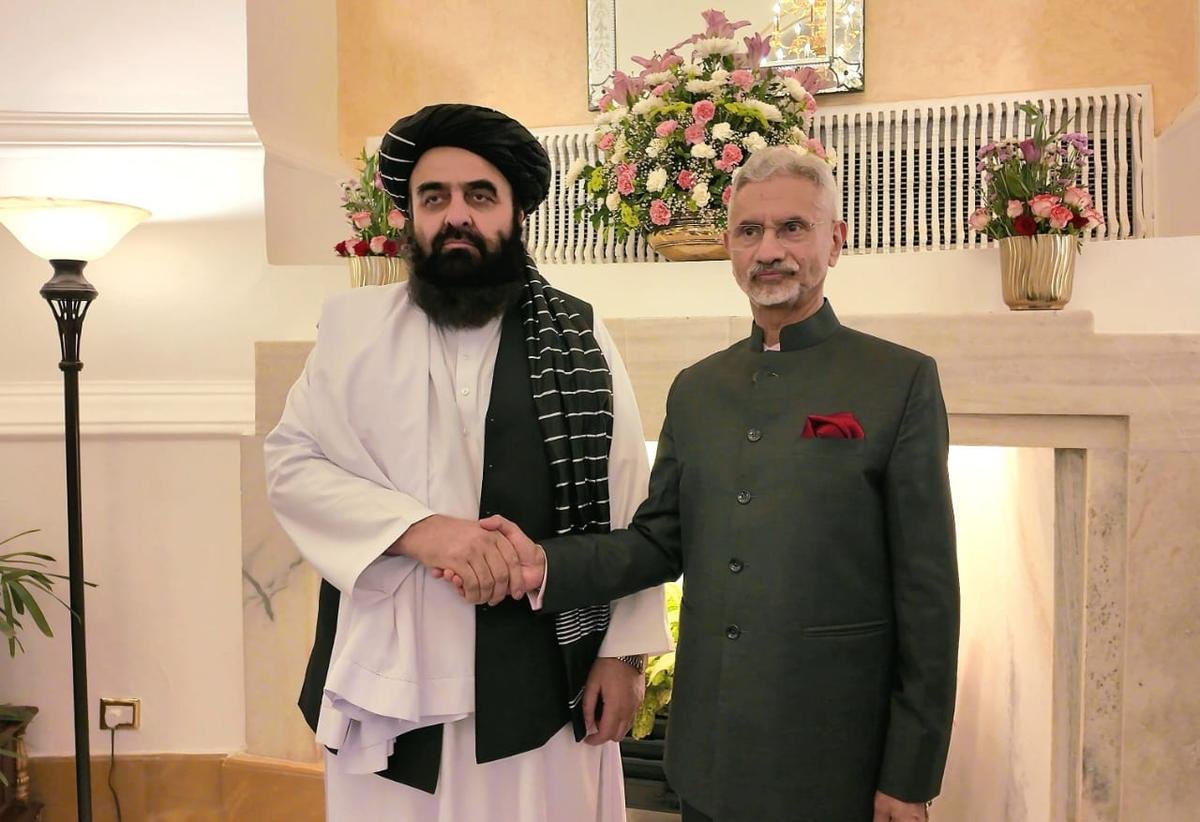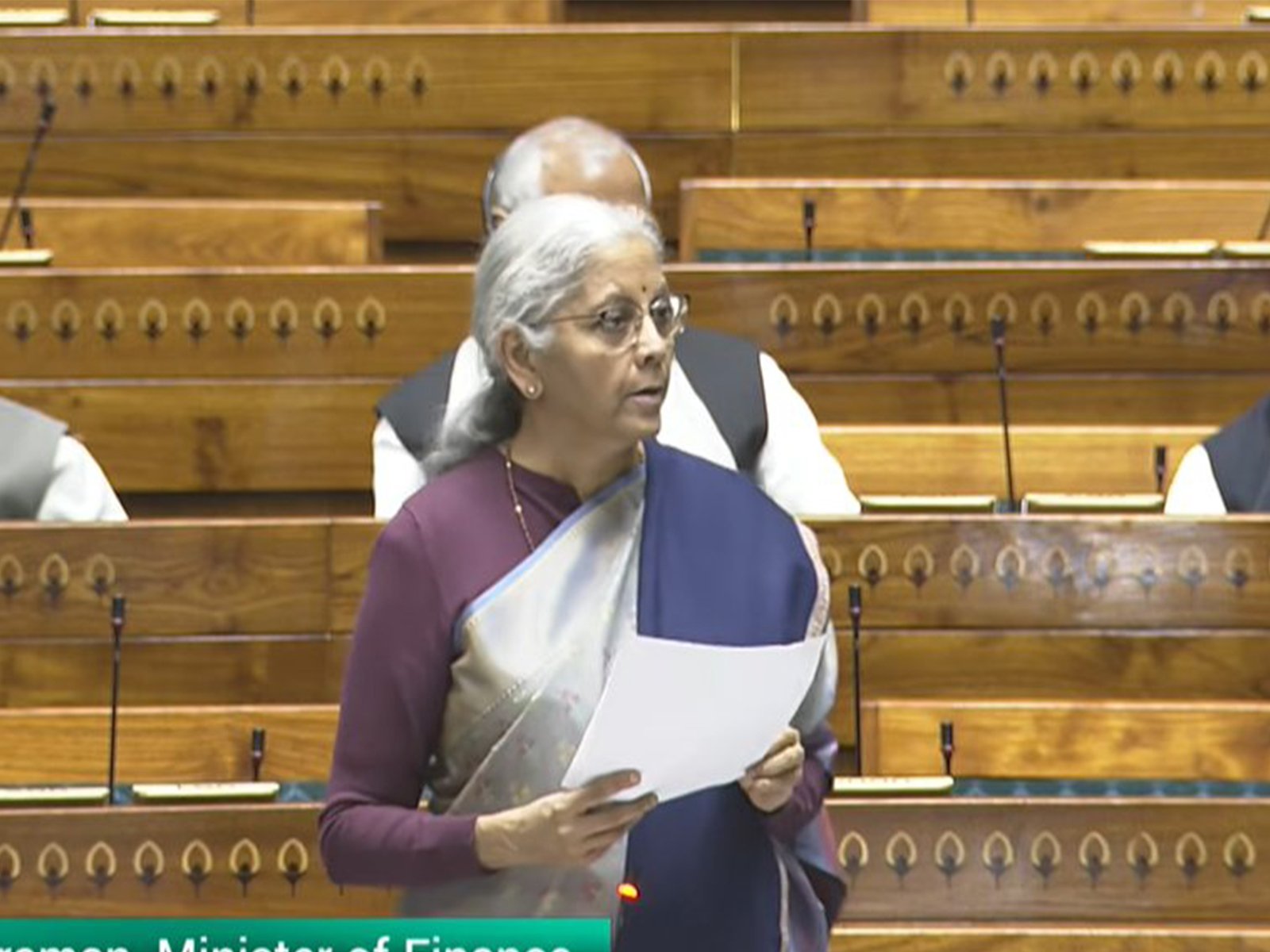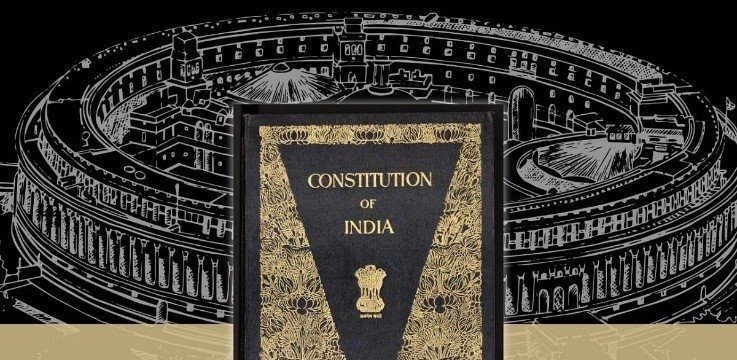Why in the News?
- India has decided to upgrade its technical mission in Kabul to a full Embassy and hosted Taliban Foreign Minister Amir Khan Muttaqi, marking the first high-level Taliban visit since 2021.
- This is significant for India’s strategic, security, economic, and regional diplomacy, especially amid evolving Great Power dynamics in Afghanistan.
What is the historical context of India-Afghanistan relations?
- India had a full embassy in Kabul before 2021. It was closed after the U.S. withdrawal and the Taliban takeover.
- Since then, India maintained a technical mission (since June 2022), focusing on humanitarian aid, development projects, and limited diplomatic engagement.
- India has historically supported Afghanistan’s sovereignty, reconstruction, and democratic institutions.
How has India-Afghanistan engagement evolved?
- India’s engagement moved from humanitarian and technical cooperation to a higher diplomatic level with the visit of Taliban Foreign Minister Amir Khan Muttaqi.
- India upgraded its mission in Kabul to Embassy status, signaling willingness to engage more formally without full legal recognition.
- Bilateral discussions cover political, economic, trade, education, health, and infrastructure cooperation.
Why is the Taliban important for India? (Strategic Objectives)
- Security: Counter cross-border terrorism and ensure Afghan territory is not used against India.
- Economic: Promote trade, investment, and development projects (mining, health, scholarships, visas).
- Regional Influence: Maintain India’s relevance amid Pakistan, China, Russia, and Iran increasing engagement with Afghanistan.
- Humanitarian: Support Afghan citizens through aid, medical support, education, and infrastructure.
What are the diplomatic nuances of this engagement?
- De facto vs. de jure recognition:
- De facto recognition: India is engaging with the Taliban as the actual, functioning authority in Afghanistan.
- De jure recognition: India is not legally or formally recognizing the Taliban government as the official government.
- Protocol issues: India does not fly the Taliban’s flag at official functions, instead using tabletop flags or symbolic arrangements. This ensures India follows diplomatic norms without giving formal recognition.
- Strategic signaling:
- To the US and Western countries: India is showing it is pragmatic, engaging with the power in control (Taliban) without waiting for “perfect political conditions.”
- To regional players (Pakistan, China, Iran, Russia): India signals that it is active in Afghanistan, protecting its strategic interests and maintaining influence in the region.
What is the Taliban’s position and perspective?
- Afghanistan will not allow its territory to be used against any country.
- Terror groups like Lashkar-e-Taiba were reportedly expelled from Afghan soil.
- Taliban seeks greater trade ties, especially via Wagah border and Chabahar port, preferring economic independence from China.
- Taliban claims improvement in women’s rights and law & order, though India does not officially endorse or discuss human rights issues.
What is the regional and global context?
- US role: The US relies on Pakistan to maintain influence in Afghanistan and the wider Western neighbourhood. India must engage carefully to safeguard its own interests without clashing with US priorities.
- China: China is expanding its influence in Iran, western China, and Afghan reconstruction projects. It has strong economic and strategic ties in the region, so India must maintain its own strategic autonomy.
- Russia & Iran: Both countries have recognized the Taliban government. India aligns carefully with them in multilateral dialogues (e.g., Moscow Format) while protecting its interests.
- India’s approach: Participates in Moscow Format dialogues to coordinate regional policy and oppose foreign military presence in Afghanistan (like Bagram airbase). Balances relations with all major powers while maintaining independent strategic decision-making.
What are the key policy takeaways?
- India balances pragmatism with principle: engage Taliban without full recognition.
- Maintains flexibility to adjust to Taliban policies.
- Focuses on developmental statecraft: education, health, infrastructure, trade.
- Ensures long-term presence in Afghan geopolitics, preventing strategic vacuum.
Challenges and Way Forward
| Challenges | Way Forward |
| Security risks due to Pakistan-backed cross-border terrorism | Strengthen intelligence–sharing and counter–terror cooperation with Afghanistan |
| Taliban’s human rights approach, especially for women | Engage on development, health, and education while maintaining cautious diplomacy |
| Diplomatic recognition dilemma and protocol issues | Maintain de facto engagement while avoiding formal recognition until international consensus |
| Economic dependence on China and regional powers | Expand bilateral trade, investment, and port access; support Afghan economic independence |
| Geopolitical competition (US, China, Pakistan) | Use multilateral forums and strategic autonomy to safeguard India’s interests |
Conclusion
India’s upgraded Embassy in Kabul and high-level engagement with the Taliban reflect strategic pragmatism, developmental diplomacy, and regional foresight. By balancing security, economic, and humanitarian interests, India ensures its presence in Afghanistan without formal recognition, positioning itself to influence outcomes in a rapidly evolving Western neighbourhood.
| Ensure IAS Mains Question Q. India has upgraded its technical mission in Kabul to a full Embassy and hosted Taliban Foreign Minister Amir Khan Muttaqi. Discuss the strategic, economic, and diplomatic considerations behind this move. How does it reflect India’s approach to regional and global geopolitics? (250 words) |
| Ensure IAS Prelims Question Q. Consider the following statements regarding India’s recent engagement with Afghanistan: 1. India upgraded its technical mission in Kabul to a full Embassy, signaling de facto recognition of the Taliban government. 2. India officially recognizes the Taliban government under international law. 3. India seeks to expand trade, investment, and development cooperation with Afghanistan. 4. India balances engagement with Taliban while maintaining strategic autonomy amid US, China, Pakistan, and Russia. Which of the statements given above are correct? a) 1 and 2 only b) 1, 3, and 4 only c) 2, 3, and 4 only d) 1, 2, 3, and 4 Answer: b) 1, 3, and 4 only Explanation: Statement 1 is correct: India upgraded its technical mission to Embassy status, which reflects engagement with the functional authority (Taliban) without formal legal recognition, i.e., de facto recognition. Statement 2 is incorrect: India does not legally recognize the Taliban government under international law and avoids full de jure recognition until there is international consensus. Statement 3 is correct: India aims to expand trade, investment, and development cooperation with Afghanistan, including projects in health, education, infrastructure, and scholarships. Statement 4 is correct: India maintains strategic autonomy by engaging pragmatically with the Taliban while balancing interests of US, China, Pakistan, and Russia in the region. |
Also Read | |
| UPSC Foundation Course | UPSC Daily Current Affairs |
| UPSC Monthly Magazine | CSAT Foundation Course |
| Free MCQs for UPSC Prelims | UPSC Test Series |
| ENSURE IAS NOTES | Our Booklist |





